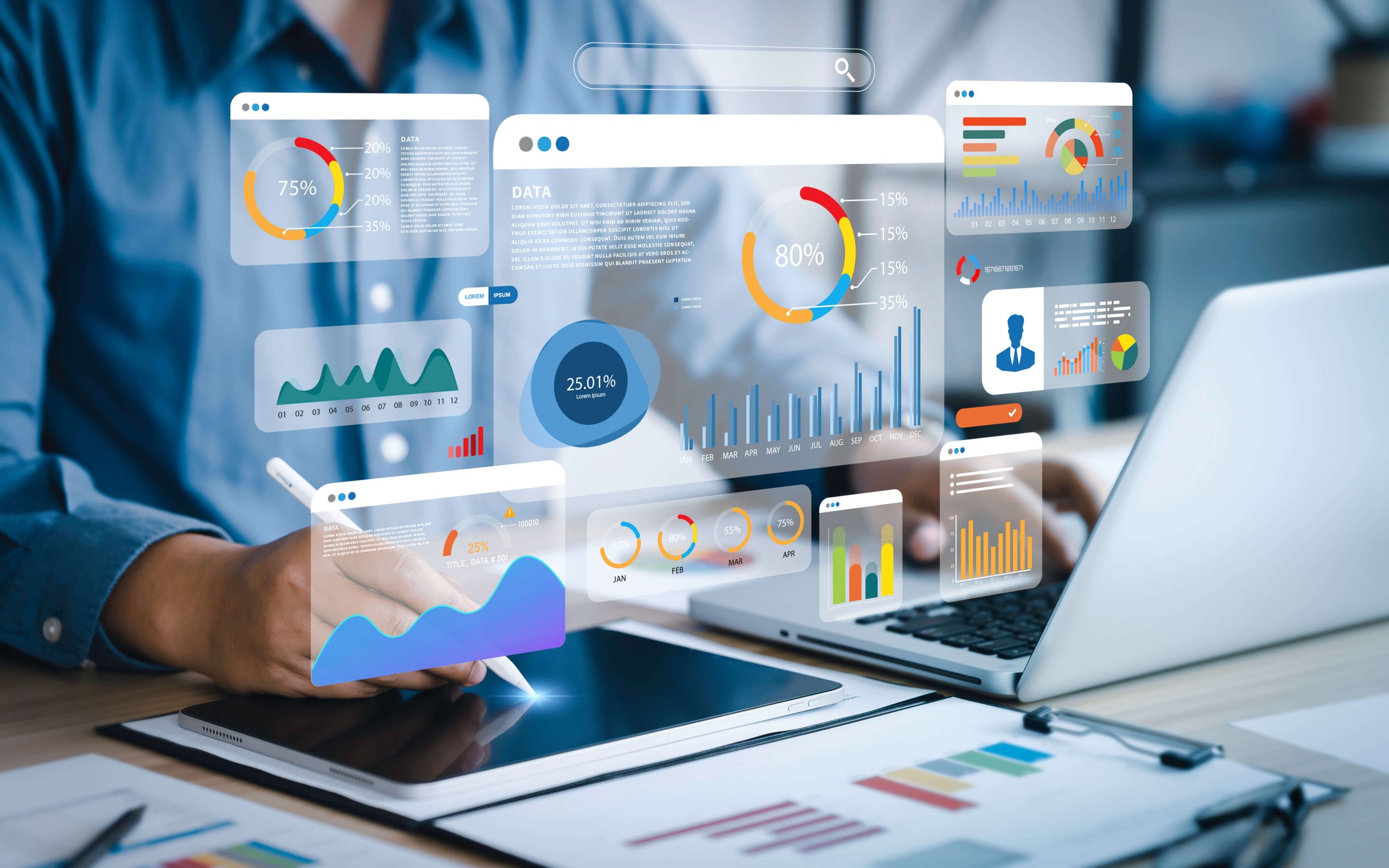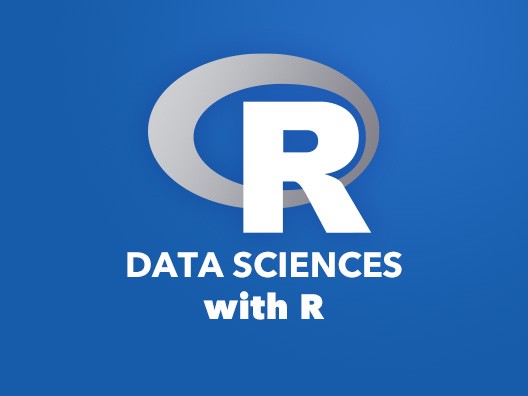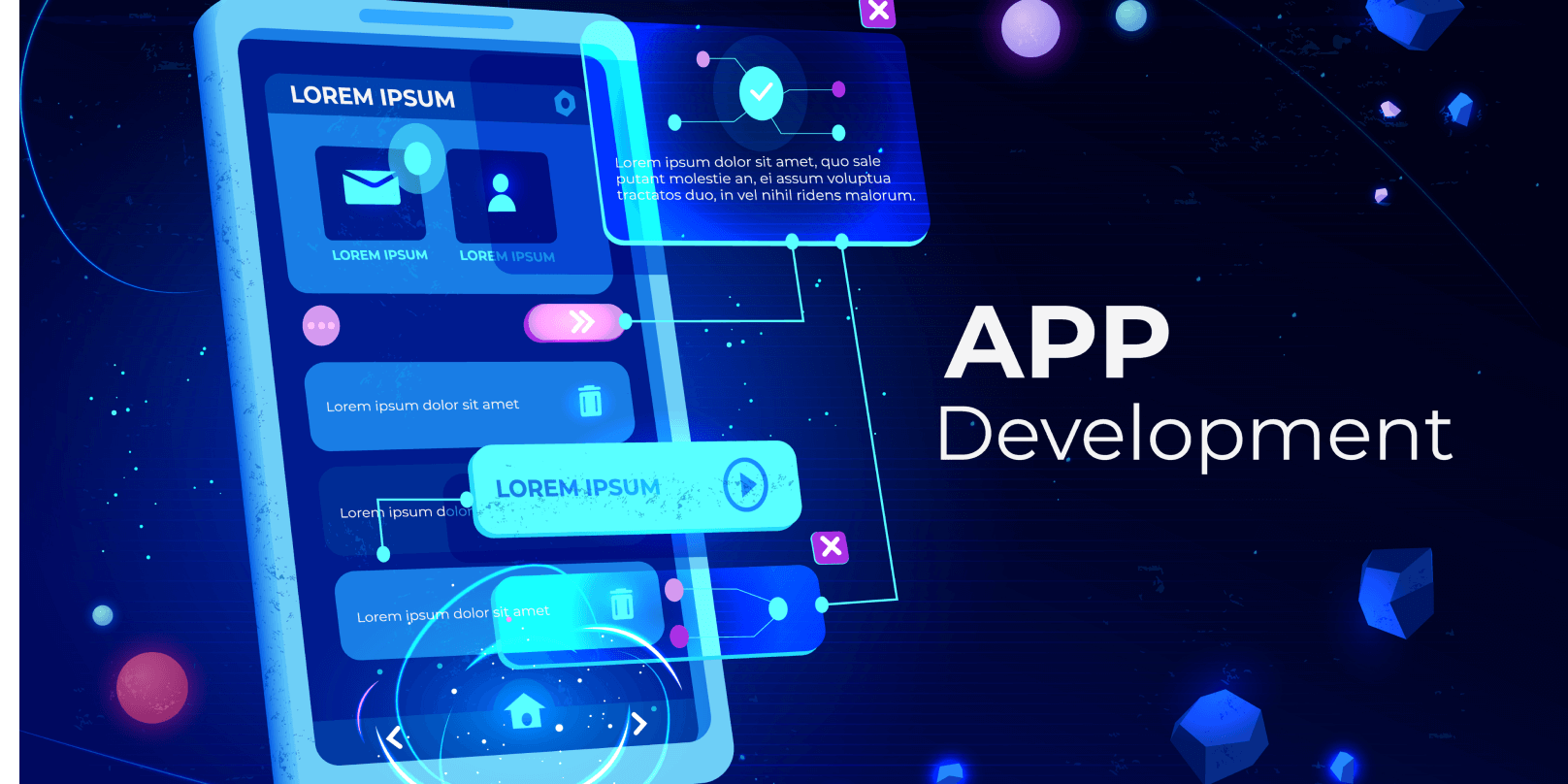1. Introduction to Digital Marketing
- What is Digital Marketing?
- Definition and importance in today’s business environment
- Traditional marketing vs. digital marketing
- Digital marketing channels: Paid, owned, and earned media
- Digital Marketing Ecosystem
- Understanding digital marketing components: Websites, social media, email, mobile, etc.
- Digital marketing strategies for different business models
- Trends and future of digital marketing (AI, automation, voice search, etc.)
2. Website Development and Optimization
- Creating and Managing a Website for Marketing
- Basics of web design and user experience (UX)
- Website structure and navigation
- Mobile responsiveness and user interface (UI) design
- Landing Page Optimization
- Importance of landing pages in conversion rates
- Design principles for high-converting landing pages
- A/B Testing and continuous optimization
- Website Analytics
- Using Google Analytics and other tools for website traffic analysis
- Setting up goals and conversions on websites
- Interpreting website metrics and making data-driven decisions
3. Search Engine Optimization (SEO)
- Introduction to SEO
- What is SEO and why it is crucial for digital marketing?
- The basics of search engine algorithms (Google, Bing)
- Types of SEO: On-page, Off-page, Technical SEO
- Keyword Research and Analysis
- Identifying and analyzing target keywords
- Tools for keyword research (Google Keyword Planner, SEMrush, Ahrefs)
- Long-tail vs. short-tail keywords
- On-Page SEO
- Optimizing meta tags: Titles, descriptions, and headers
- Content optimization: Keyword density, internal linking, and multimedia
- URL structure and schema markup
- Off-Page SEO
- Building backlinks and improving domain authority
- Social signals, guest blogging, and influencer outreach
- Technical SEO
- Optimizing site speed and mobile performance
- Implementing structured data and XML sitemaps
- Managing crawl errors and broken links
- SEO Analytics and Performance Tracking
- Using Google Search Console and Google Analytics for SEO performance
- Measuring rankings, organic traffic, and ROI
4. Content Marketing
- Introduction to Content Marketing
- Importance of content in digital marketing
- Types of content: Blogs, videos, infographics, podcasts, etc.
- The content marketing funnel: Awareness, consideration, decision
- Creating a Content Strategy
- Identifying target audience and their content needs
- Content calendars and planning
- Aligning content with business objectives
- Content Creation and Optimization
- Writing effective blog posts and articles
- Video content production and optimization
- Using visuals (infographics, images) to enhance engagement
- Content Distribution and Promotion
- Paid, earned, and owned media for content promotion
- Repurposing content for different platforms
- Leveraging partnerships and influencers for content distribution
5. Social Media Marketing (SMM)
- Overview of Social Media Platforms
- Major social media platforms: Facebook, Instagram, LinkedIn, Twitter, TikTok, Pinterest
- Understanding the audience on different platforms
- Platform-specific strategies: Content formats, posting schedules, and engagement tactics
- Creating a Social Media Strategy
- Setting social media goals and KPIs
- Developing a content plan for social media
- Influencer marketing on social media
- Paid Advertising on Social Media
- Overview of social media advertising (Facebook Ads, Instagram Ads, LinkedIn Ads)
- Campaign creation, targeting, and budget management
- Analyzing paid ad performance and ROI
- Social Media Analytics
- Tools for monitoring social media performance (Facebook Insights, Twitter Analytics, etc.)
- Key metrics: Reach, engagement, conversions
- Social listening and sentiment analysis
6. Email Marketing
- Introduction to Email Marketing
- Importance of email marketing in customer engagement
- Types of email campaigns: Promotional, transactional, lifecycle, newsletters
- Building and maintaining an email list
- Email List Building and Segmentation
- Strategies for growing an email list (lead magnets, opt-ins)
- List segmentation for targeted campaigns
- Maintaining email deliverability and avoiding spam filters
- Designing Effective Emails
- Crafting compelling subject lines and email copy
- Designing visually appealing and responsive emails
- Personalization and dynamic content in emails
- Email Automation
- Setting up automated email sequences (welcome emails, abandoned cart, etc.)
- Using email marketing tools (MailChimp, HubSpot, ActiveCampaign)
- A/B testing and optimizing email campaigns
- Email Analytics and Reporting
- Measuring open rates, click-through rates (CTR), and conversion rates
- Analyzing email campaign performance and improving results
7. Pay-Per-Click (PPC) Advertising
- Introduction to PPC and Google Ads
- What is PPC and how it works?
- Overview of Google Ads and Bing Ads platforms
- Keywords bidding and budgeting for PPC campaigns
- Creating Effective PPC Campaigns
- Writing compelling ad copy and selecting the right keywords
- Campaign types: Search ads, display ads, shopping ads, video ads
- Setting up Google Ads campaigns and ad groups
- PPC Optimization and Testing
- Managing and optimizing bids for higher ROI
- A/B testing ad copy and landing pages
- Negative keywords and avoiding irrelevant clicks
- PPC Analytics and Reporting
- Analyzing PPC metrics: Impressions, clicks, CTR, Cost per Click (CPC), Conversion Rate
- Google Ads reporting tools for performance tracking
8. Influencer Marketing and Affiliate Marketing
- Introduction to Influencer Marketing
- How influencer marketing works and its benefits
- Identifying the right influencers for your brand
- Creating and managing influencer campaigns
- Affiliate Marketing
- What is affiliate marketing and how does it work?
- Setting up an affiliate program for your business
- Measuring affiliate performance and tracking conversions
9. Online Reputation Management (ORM)
- What is ORM?
- Importance of managing your online reputation
- Monitoring brand mentions and reviews online
- Crisis management and responding to negative feedback
- Strategies for Improving Reputation
- Content creation and social media engagement
- Encouraging positive reviews and testimonials
- Leveraging SEO for positive content visibility
10. Analytics and Data-Driven Marketing
- Introduction to Digital Analytics
- The role of analytics in digital marketing
- Overview of Google Analytics and other analytics tools
- Tracking website traffic, user behavior, and conversions
- Key Metrics and KPIs
- Understanding key metrics for digital marketing campaigns
- Metrics for website, email, social media, and PPC
- Data-Driven Decision Making
- Analyzing data to refine digital marketing strategies
- Using data to improve ROI and performance
- Creating reports and presenting insights to stakeholders
11. Mobile Marketing
- Mobile Marketing Overview
- The rise of mobile devices and their impact on marketing
- Mobile-first strategies: Websites, apps, and ads
- App Store Optimization (ASO)
- Strategies for improving app visibility in app stores
- Optimizing app listings for downloads
- SMS and Push Notification Marketing
- Best practices for SMS campaigns
- Using push notifications effectively
12. Digital Marketing Strategy and Future Trends
- Building a Digital Marketing Strategy
- Developing a comprehensive digital marketing plan
- Setting goals, objectives, and KPIs for digital campaigns
- Budget allocation and resource planning
- Emerging Trends in Digital Marketing
- Artificial Intelligence (AI) and machine learning in marketing
- Voice search and its impact on SEO and PPC
- The future of chatbots, augmented reality (AR), and virtual reality (VR) in marketing
- Ethical Considerations in Digital Marketing
- Privacy issues, data protection, and user consent
- Responsible marketing practices



